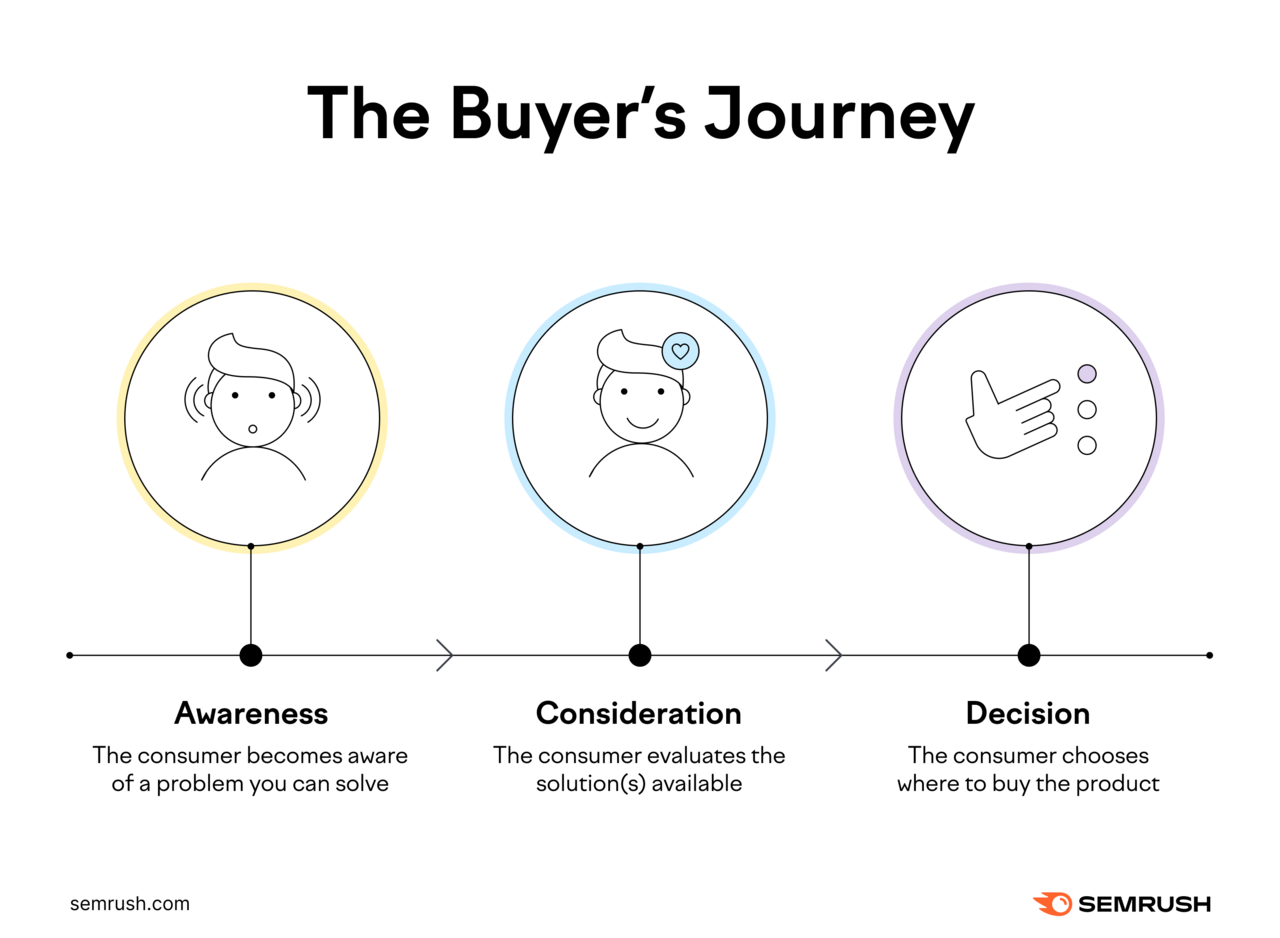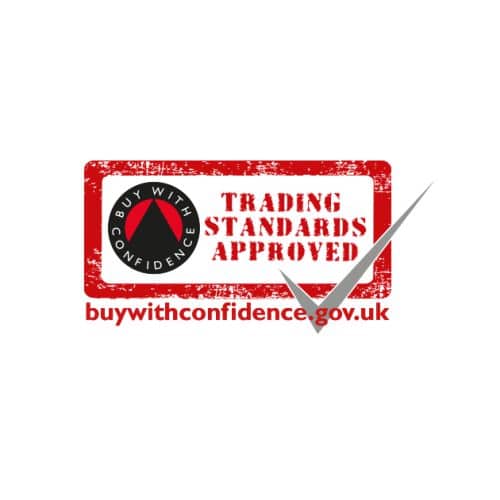10 Reasons SEO Matters
Published: 24th July 2024
In this article, we’ll explain why SEO is important for almost every business. Highlighting the top 10 Reasons SEO Matters!
But first, let’s start with the basics.
What is SEO?
Search engine optimisation, or SEO, involves enhancing your business’s website, including its content and layout, to boost its visibility online. The goal is to improve how your site appears in search engine results without paying for ads. Simply put, effective SEO strategies can help you achieve better rankings on Google.
(Most marketers focus on Google because it’s the most popular search engine.)
SEO is one of the two main pillars of search engine marketing.
The other is pay-per-click marketing (PPC). This is when you pay to appear as a sponsored search result.
How does SEO work?
SEO helps ensure that your website and its content meet the criteria set by Google’s algorithm. In simpler terms, it’s about understanding what Google considers important for high-quality search results.
Basically, Google wants to rank webpages that:
- Satisfy the search intent (what the searcher is looking to achieve).
- Demonstrate experience, expertise, authoritativeness, and trustworthiness (E-E-A-T).
- Load quickly and perform well.
- Are easily navigable by users and search engines.
So, SEO is about making sure your pages tick these boxes.
Some of the most common SEO tactics include:
- Keyword research: identifying and analysing the search terms target audiences use
- Content creation: creating quality content that meets your target audiences’ needs
- Link building: getting other websites to link to your site so that it appears more trustworthy
- Technical SEO: Improving the technical performance of your site for users and search engines

Why is SEO important?
SEO plays a crucial role in enhancing your organic presence on search engine results pages. This increase in visibility can boost brand recognition and drive more traffic to your website, ultimately resulting in higher sales. Our success stories demonstrate that businesses, regardless of their size or industry, have effectively leveraged SEO to achieve their goals.
Here are 10 reasons why SEO matters:
1. Search engines generate lots of traffic
Achieving a top position in search engine results can significantly boost your website’s traffic. Every day, millions of people turn to search engines for information, and statistics show that more than 43% of users tend to click on organic listings. If you fail to attract these clicks within your market, you can bet your competitors will. Search engine optimisation (SEO) has proven to be an effective strategy for improving your visibility and securing higher rankings on search results pages.
This is important because prominent results tend to get more views and clicks.
2. SEO can be highly cost-effective.
One of the key advantages of SEO is its cost-effectiveness. Why is that? For starters, there are no expenses associated with advertising. You won’t have to pay to show up in search results, nor will you incur costs for views or clicks on your listings.
Additionally, SEO can provide lasting results. Once you secure a top position, maintaining it generally requires less effort compared to other marketing channels like digital PR or social media, and it’s more affordable than paid advertising. Establishing a solid SEO foundation also paves the way for enhancing or achieving new rankings in the future.
In other words, SEO is highly scalable.
3. Search visibility drives brand awareness and authority.
Consistently appearing in search results is a powerful way to enhance brand recognition, which highlights the importance of SEO for businesses. Take Duolingo, for instance. Those looking to learn Spanish often come across their website because it ranks well for a wide range of relevant keywords. Even if users don’t click on Duolingo’s links, they will still become familiar with the brand.
After seeing it several times, they may come to view it as a credible and reliable option. This familiarity can significantly increase the likelihood that they will choose to engage with Duolingo in the future.
4. Your competitors are probably doing it.
Many companies incorporate SEO into their marketing plans. If your rivals are leveraging SEO effectively, they’re likely ahead of you in search rankings, capturing the visibility and traffic that could be directed to your business. On the other hand, if they’re not focusing on search optimisation, you have a fantastic chance to take the lead in your niche and reap the advantages that come with strong SEO practices. To assess your performance against your competitors, consider using a keyword gap tool to see where you stand.
5. SEO Success Supports Other Marketing Efforts
Achieving success in SEO can significantly enhance the effectiveness of your other marketing strategies. Many individuals tend to turn to search engines for more information after encountering a marketing initiative through different channels. For instance, imagine someone notices your billboard and decides to search for it on Google. If your website doesn’t appear near the top of the search results, you risk missing out on the chance to capture their interest and keep them involved.
It can be particularly beneficial to use SEO alongside PPC.
Here’s why:
PPC ads typically show up at the top of search engine results pages, which gives them greater visibility. However, the first ten organic listings tend to attract more clicks. Therefore, having a mix of both types of results can really maximise your reach and effectiveness.
6. You can reach prospects throughout the buying journey.
It’s common for people to use search engines throughout their buying journey.
This means you can use SEO to reach and engage prospects at every stage.

This is beneficial as it enables you to engage potential customers sooner in your marketing process, fostering trust gradually as you nurture the relationship.
Generally, people use different types of keywords at each stage of the buying journey:
- Informational keywords are used to find information. So, they’re commonly used in the earliest stages of the buying journey.
- Commercial keywords are used to research products or services. So, they’re typically used in the consideration stage of the buying journey.
- Navigational keywords are used to find specific pages. So, they’re commonly used in the decision-making stage of the buying journey.
- Transactional keywords are used to complete specific actions (e.g., purchases). So, they’re typically used in the decision-making stage of the buying journey.
7. Optimisation efforts can improve the user experience.
Numerous key SEO strategies also enhance the user experience (UX) of your website, which can boost your conversion rates, meaning visitors are more inclined to take the desired actions. In essence, Google aims to promote pages that satisfy its users. Therefore, it’s crucial to produce content that is engaging and easy to navigate if you want to thrive.
For example, these Core Web Vitals affect your performance on Google:
- Largest Contentful Paint (LCP): How long does it take for the largest content element on the page to load?
- Cumulative Layout Shift (CLS): Measures how much the page layout moves around unexpectedly as it loads
- Interaction to Next Paint (INP): The longest time it takes for the page to display visual confirmation of a successful interaction (e.g., for a menu to open)
Enhancing these metrics can boost your ranking and elevate the user experience on your website. This means that visitors are more inclined to take action, regardless of whether they found your site via Google or another source.
8. Keyword research makes you aware of market trends
Conducting keyword research for SEO helps you keep track of what your target audience is searching for. This enables you to spot emerging trends or topics that may be losing traction in your industry. You can leverage these insights to shape your product development, marketing strategies, and other initiatives.
9. SEO results are quantifiable.
SEO outcomes can be measured, allowing you to track your organic rankings, website traffic, and conversion rates. This provides a clear picture of how well you’re doing and helps you identify if any changes are needed. Additionally, it enables you to effectively demonstrate the value of SEO to your business.
10. It helps you protect your brand
Search engine optimisation (SEO) plays a crucial role in managing your online reputation. It enables you to influence the search results associated with your brand. Imagine a scenario where someone lists your business with an incorrect phone number or writes a negative blog about your company. Without effective SEO strategies in place, such inaccuracies or negative content are more likely to appear at the top of search results when potential customers look for your brand. This can seriously damage your reputation and alienate potential clients.

Start building your business with SEO today
If you’re looking to elevate your business and witness sustainable growth, now is the perfect time to reach out to us. At Falcon Digital, we specialise in search engine optimisation (SEO) that not only boosts your visibility online but also ensures that you experience organic, long-term results. Our dedicated team understands that every business is unique, and we tailor our strategies to meet your specific needs and objectives.
Whether you are a small local enterprise or a larger corporation, our comprehensive approach to SEO will help you climb the search engine rankings, attract quality traffic, and ultimately convert leads into loyal customers. Since our establishment in 2012, Falcon Digital has built a reputation as a trusted name in the digital marketing industry.
We pride ourselves on our commitment to helping businesses succeed in an ever-evolving digital landscape. Our experienced team is passionate about delivering results, and we continuously stay abreast of the latest trends and algorithm changes to ensure your strategy remains effective. When you partner with us, you can rest assured that we will work tirelessly to help you achieve your goals and maximise your online presence.
Let’s collaborate to transform your digital strategy and unlock the full potential of your business.







Email [email protected]
Phone 01392 908804
Office Hours
9am - 5pm Mon-Fri
Office Address
Falcon Digital, Office 6, 6 St Paul's Road, Newton Abbot, Devon, TQ12 2HP
Other Services
Company Registration no:
13682575
VAT Registration Number:
GB 437 7229 74


